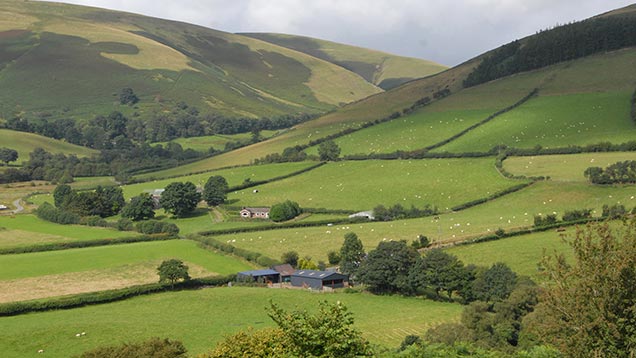Powers of entry: What you should know
 © Rex Shutterstock
© Rex Shutterstock There are 1,400 powers of entry that can be used by authorities to enter a property – and Defra has the most.
Powers of entry are used to gain evidence when an authority – including the Food Standards Agency, Environment Agency and Trading Standards – has reasonable suspicion that there may be some wrongdoing.
Russell Reeves, associate at Thrings solicitors, warns that evidence gathered in this way can end up in court and depending on the offence, can lead to hefty fines or even imprisonment.
See also: How to prepare your farm for a VAT inspection
But a new code of practice, designed to give greater protection to those under investigation, now covers all powers of entry (since 1 April 2015). It does not, however, cover the police’s power to search premises under the Police and Criminal Evidence Act, nor any power of entry from a court order.
Knowing the main points of the code and what to do if a power of entry is exercised on your property, is key.
Mr Reeves offers the following advice:
What to do if a right of entry is used to enter your farm?
- Without being obstructive, ask the inspector under whose authority they are acting and the reason for the entry.
- Importantly – write down these answers and anything else said. If it comes to it, you may need this as evidence later on in court. For example, depending on the circumstances, an inspector does not always have the power to look for evidence other than what they entered for. A tax inspector might enter for one reason, but might not have the power to gather evidence on, say, a welfare issue they spot.
- Do not answer any questions without having first spoken to your solicitor. Anything you say can be used as evidence. You have a right to remain silent.
What are the key provisions of the new code of practice for powers of entry?
- Where practical, authorities should give advanced notice of their intention to enter property (normally no less than 48 hours). This is of course not “practical” if an authority is trying to uncover evidence of something such as welfare abuse or a food safety breach.
- Reasonable efforts should be made to get the consent of the landowner/occupier.
- The number of people entering a property should be proportional and reasonable.
- Power of entry should be undertaken at a reasonable hour – for example within normal working hours – so arguably not during milking hours or key harvesting time.
- Any items seized should generally only be kept for as long as necessary – this is particularly important if this is machinery key to farming operations.
- Authorities must have gone through a proper process before deciding it is appropriate to exercise their power of entry.
- Where necessary, a notice of powers and rights should be served.
Because of the code’s infancy, it is too early to see what impact it will make in practice, so this will remain to be seen, says Mr Reeves.
